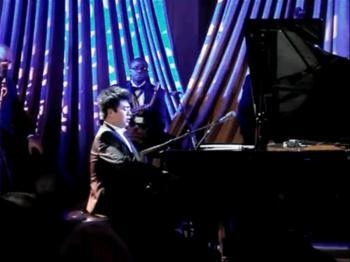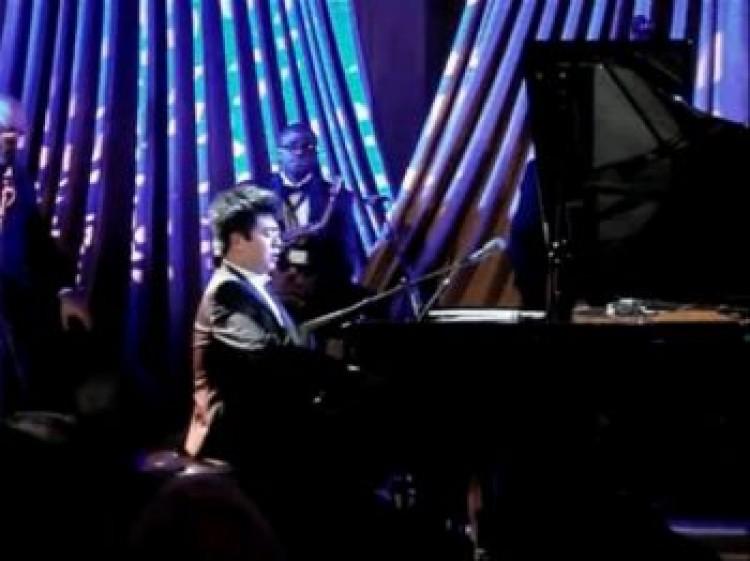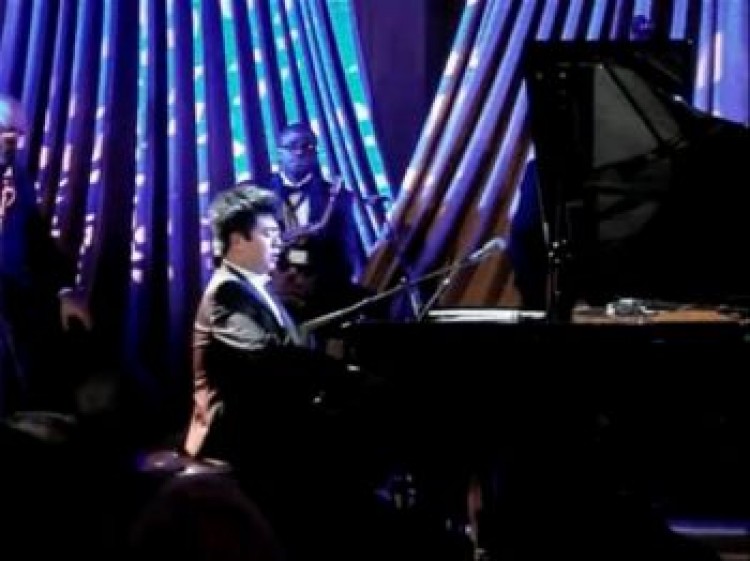Opinion
Closing the Chasm: Lessons from Lang Lang’s White House Performance
Nothing could have demonstrated that better than the recent controversy about the Chinese pianist Lang Lang playing an anti-U.S. propaganda tune at the White House.

Lang Lang, a Chinese pianist, plays the piano at the White House on Jan. 19, 2011. The music he is playing is the theme song from an anti-American propaganda movie about the Korean War. Screenshot from Youtube
|Updated:
Matthew Robertson is the former China news editor for The Epoch Times. He was previously a reporter for the newspaper in Washington, D.C. In 2013 he was awarded the Society of Professional Journalists’ Sigma Delta Chi award for coverage of the Chinese regime's forced organ harvesting of prisoners of conscience.
Author’s Selected Articles






